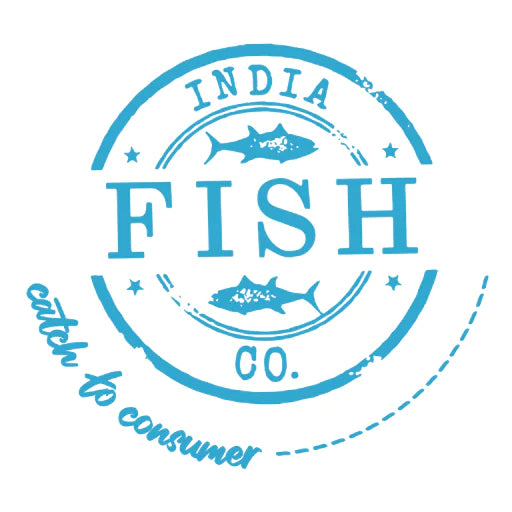In the exciting journey of childhood development, the role of nutrition cannot be overstated. As children grow, it’s crucial to provide them with a well-balanced diet that fuels their physical and cognitive development. Non-vegetarian food, particularly seafood, emerges as a powerhouse of essential nutrients, offering an array of health benefits for growing children. Let’s explore the numerous advantages that including non-veg in their diets can bring to the table.
The Nutrient-Rich Bounty of Non-Veg: A Gateway to Health for Kids
-
Rich in Essential Proteins:
Non-vegetarian foods, such as seafood, are abundant sources of high-quality proteins. Proteins play a pivotal role in the growth and development of muscles, tissues, and organs in children, fostering overall strength.
-
Omega-3 Fatty Acids for Brain Development:
Seafood, especially fatty fish like salmon, is a treasure trove of omega-3 fatty acids. These essential fatty acids are crucial for optimal brain development and cognitive function in children, potentially enhancing their learning abilities.
-
Iron for Hemoglobin Production:
Iron deficiency can lead to anemia, impacting a child’s energy levels and overall health. Non-veg foods, including fish and meat, provide heme iron, which is more easily absorbed by the body, supporting the production of hemoglobin.
-
Essential Vitamins and Minerals:
Seafood, a nutritional powerhouse, contains vitamins and minerals vital for various bodily functions. From vitamin D, which supports bone health, to zinc, essential for immune function, non-veg foods contribute to a well-rounded nutrient profile.
-
Boosting Immune Function:
The rich array of nutrients, including zinc and selenium, found in non-vegetarian foods can strengthen a child’s immune system. This helps in warding off illnesses and infections, promoting overall well-being.
-
Supporting Vision Health:
Certain non-veg options, particularly fish, are packed with nutrients like vitamin A that contribute to maintaining good eyesight. Including seafood in a child’s diet may positively impact their vision health.
-
Enhancing Bone Density:
Calcium and phosphorus, essential for bone health, are present in non-veg foods. These nutrients play a crucial role in the development and maintenance of strong and healthy bones in growing children.
-
Cognitive Function and Concentration:
The omega-3 fatty acids found in non-veg foods are associated with improved cognitive function and concentration in children. This can positively influence academic performance and learning abilities.
The Role of Seafood in Children’s Nutrition: A Closer Look
-
Improving Heart Health:
Certain types of fish, like salmon and mackerel, are rich in omega-3 fatty acids, which are known to support heart health. Including these in a child’s diet may contribute to a healthy cardiovascular system.
-
Facilitating Healthy Growth:
Seafood, being a source of high-quality proteins and essential nutrients, plays a vital role in the healthy growth of children. It provides the building blocks necessary for the development of muscles, tissues, and organs.
-
Ensuring Optimal Brain Function:
The omega-3 fatty acids EPA and DHA found in fish are crucial for brain development and function. Including fish in a child’s diet may have long-term benefits for cognitive abilities and mental well-being.
-
Boosting Vitamin D Levels:
Vitamin D is essential for calcium absorption and bone health. Fatty fish like tuna and salmon are excellent sources of vitamin D, contributing to the development of strong and healthy bones in children.
-
Delicious and Versatile Options:
Seafood offers a variety of options that can be incorporated into children’s diets in delicious ways. From grilled fish to fish tacos, introducing these flavorsome dishes can make non-veg a delightful part of their meals.
Conclusion: Nurturing Health and Growth Through Non-Veg Delights
In conclusion, the health benefits of including non-veg, especially seafood, in the diets of growing children are extensive. From supporting physical growth to enhancing cognitive function, the nutrients found in non-vegetarian foods play a crucial role in their overall well-being.
As India Fish Company, committed to providing high-quality seafood, you are contributing to the nutritional needs of children across the country. By highlighting the numerous health benefits of your offerings, you’re not just selling seafood; you’re fostering a culture of wholesome nutrition for the future generations of India. So, let the goodness of non-veg become a staple in the plates of children, unlocking a world of health and vitality.
Remember, a well-balanced and varied diet is key to ensuring that children receive the full spectrum of nutrients necessary for their growth and development. Here’s to a future where every child thrives with the nutritional bounty that non-veg foods, especially seafood, bring to the table!

